por Leticia Tavares 4 anos atrás
242
PLANEJAMENTO ESTRATÉGICO
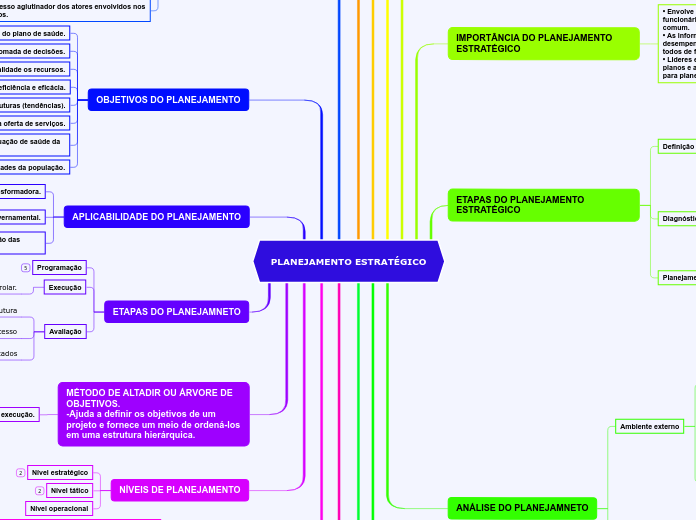
por Leticia Tavares 4 anos atrás
242

Mais informações
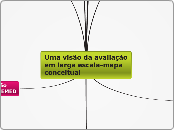

por ataideyagopsol oliveira
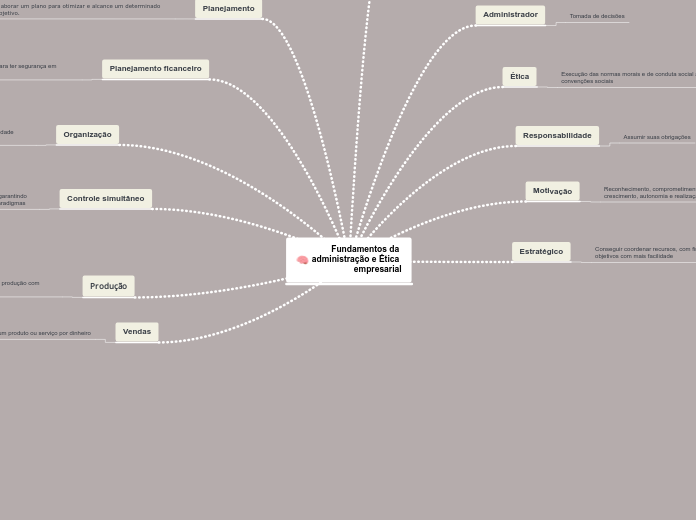

por Lorrani Diogenes
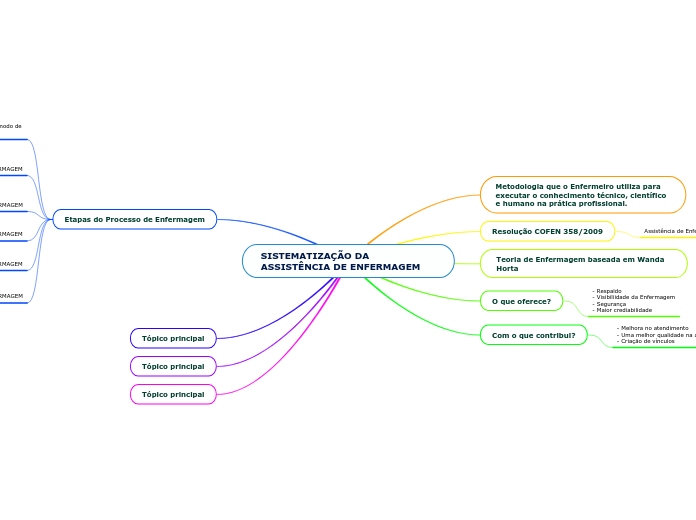

por Joyce Caetano
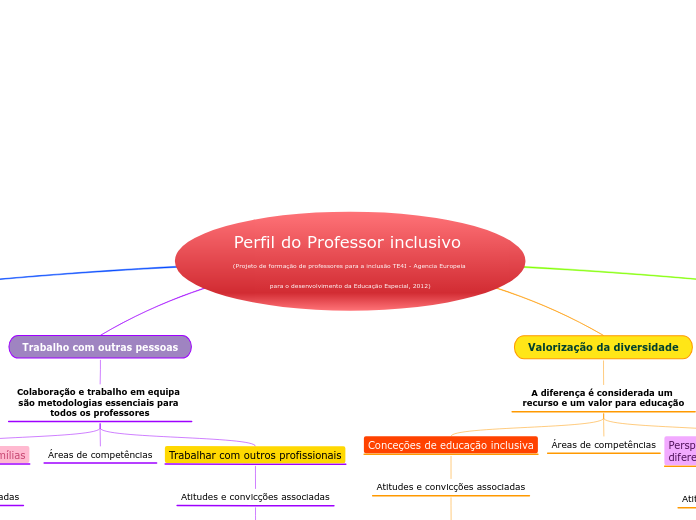

por Jesus Jesus
The part of speech is a category to which a word is assigned according to its syntactic functions. In English the main parts of speech are noun, pronoun, adjective, determiner, verb, adverb, preposition, conjunction, and interjection.
A conjunction is a word like 'if' 'but' or 'and' which is used to connect sentences or clauses together.
Subordinating conjunctions are conjunctions that are used at the beginning of subordinate clauses. Some examples of these conjunctions are: although, after, before, because, how, if, once, since, so that, until, unless, when etc.
Coordinating conjunctions always connect phrases, words, and clauses. They are: for, and, nor, but, or, yet, so.
A preposition is one of the most exciting parts of grammar. A preposition is used to describe the location of something in relation to something else.
Indicadores e índice de satisfação.
Tecnologia, funcionamento e qualidade.
Recursos, distribuição e utilização.
When a preposition consists of one word it is called single or simple preposition.
An interjection is used to express emotion in a sentence.
Think of other interjections!
An adverb is used to describe a verb, but it can also describe an adjective or another adverb.
Adverbs normally help paint a fuller picture by describing how something happens.
The intensifiers strengthen adverbs adjectives and adverbs and down- toners make them weaker.
Fairly, Rather
Extremely, Very
A numeral is a word or phrase that describes a numerical quantity.
Some theories of grammar use the word 'numeral' to refer to cardinal numbers that act as a determiner to specify the quantity of a noun, for example the 'two' in 'two hats'.
• Idade média alta dos funcionários; • Custos elevados; • Necessidade de modernização da apresentação dos produtos; • Necessidade de informatização e automação da produção e controle de qualidade; • Ampliação do sistema informatizado; • Auto índice de absenteísmo; • Dificuldade de Comunicação;
• Criatividade da equipe; • Comprometimento da Equipe de colaboradores; • Desenvolvimento de Produtos em parceria com a sociedade; • Marca reconhecida; • Capacitação e habilidades; • Reconhecimento no mercado.
• Novas tecnologias • Participar em Eventos Científicos; • Abertura do mercado estrangeiro; • Desenvolver projetos científicos junto aos órgãos financiadores; • Produtos substitutivos; • Desenvolver novos produtos a partir das necessidades do mercado; • Oferecer cursos de capacitação e desenvolvimento à sociedade.
• Mercado Nacional e Internacional; • Concorrentes; • Fornecedores; • Política salarial defasada em relação ao mercado; • Competitividade do Mercado; • Evolução Tecnológica; • Falta de autonomia na gestão de recursos humanos; • Dificuldade de Mão de Obra.
Aquilo que fundamenta nossa conduta
•O que a Instituição quer ser •Onde quer chegar (Sonho) •É sempre desafiadora
Razão de ser da empresa •Deve ser clara e conhecida por todos os seus colaboradores.
Identificar a visão ampla dos negócios.
An article is a word used to modify a noun, which is a person, place, object, or idea. Technically, an article is an adjective, which is any word that modifies a noun.
Indefinite articles are the words 'a' and 'an.' Each of these articles is used to refer to a noun, but the noun being referred to is not a specific person, place, object, or idea. It can be any noun from a group of nouns.
A pronoun is a word that can be used in place of a noun, typically after the noun itself has already been stated.
Unlike demonstrative pronouns, which point out specific items, indefinite pronouns are used for non-specific things. This is the largest group of pronouns. All, some, any, several, anyone, nobody, each, both, few, either, none, one, and no one are the most common.
An adjective is a word that's used to describe a specific noun and to provide more detail to the listener.
Superlative adjectives demonstrate a higher level of comparison between entities.
A noun is defined as a person, place, thing or idea. Proper nouns always begin with a capital letter. Common nouns, which are general words, such as 'cars,' are not capitalized.
Compound nouns are words where two nouns have been stuck together to make a new noun. Compound nouns should be written as one word, without a hyphen.
A verb is an action word or 'doing' word that signifies movement in some way.
An auxiliary verb helps the main (full) verb and is also called a 'helping verb.' With auxiliary verbs, you can write sentences in different tenses, moods, or voices.